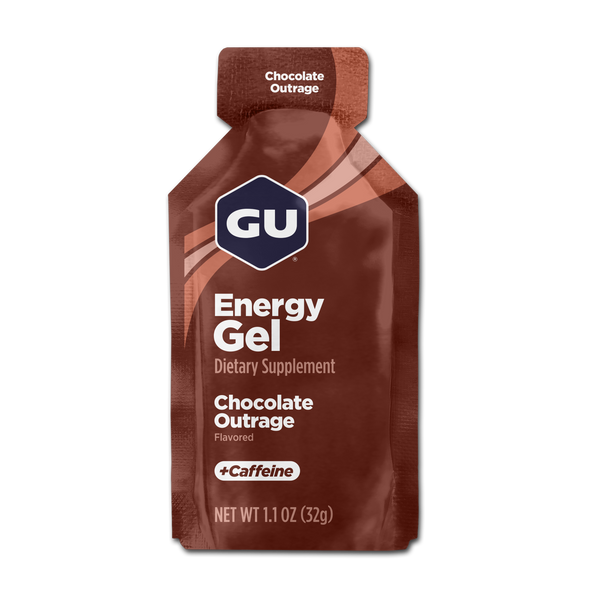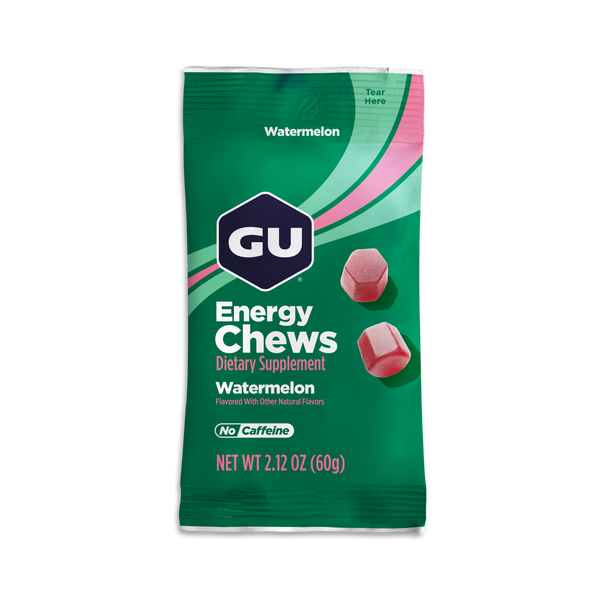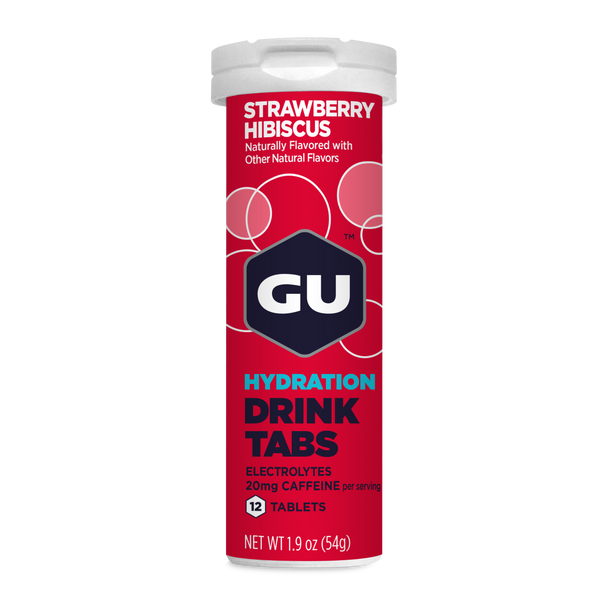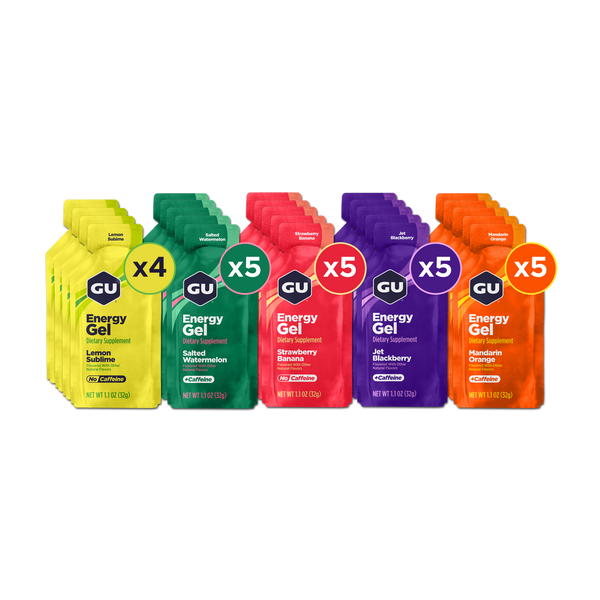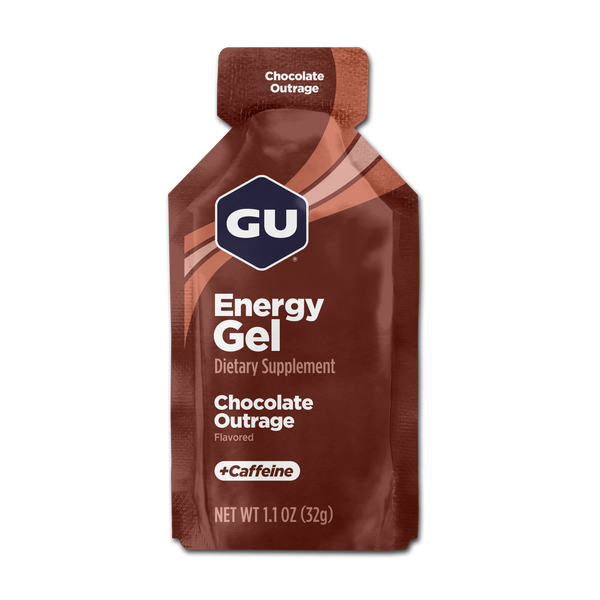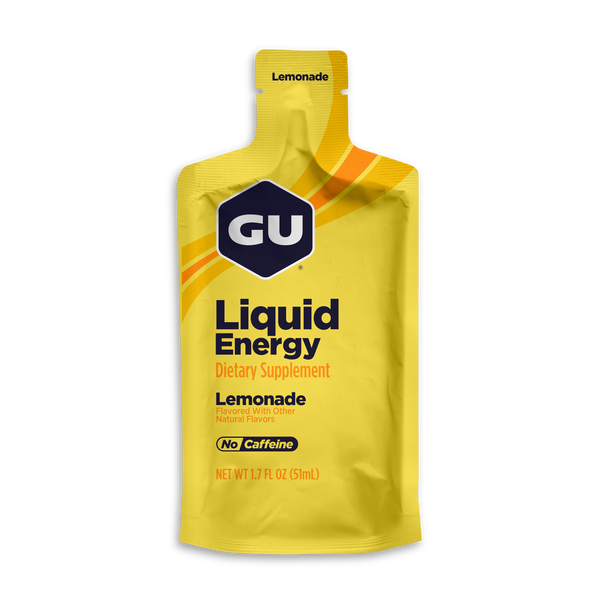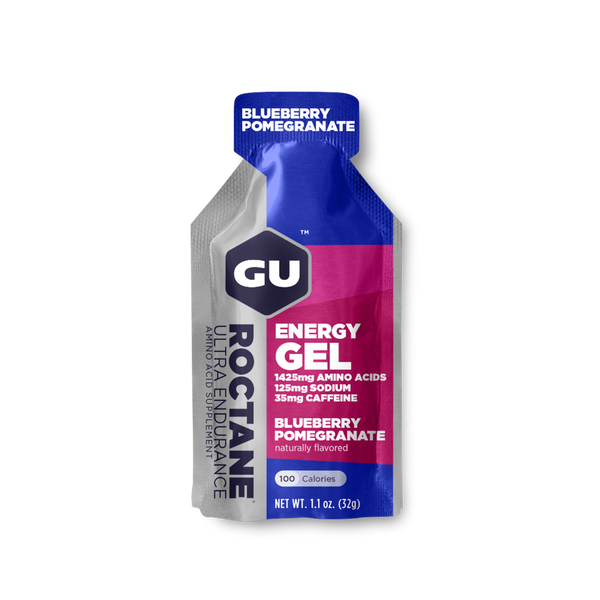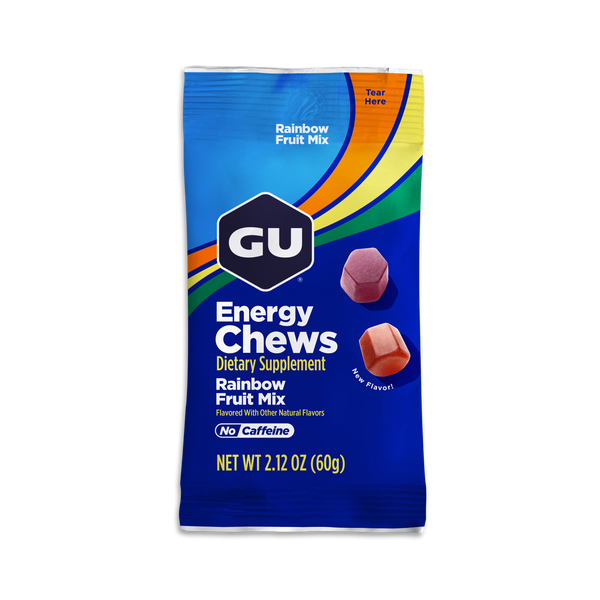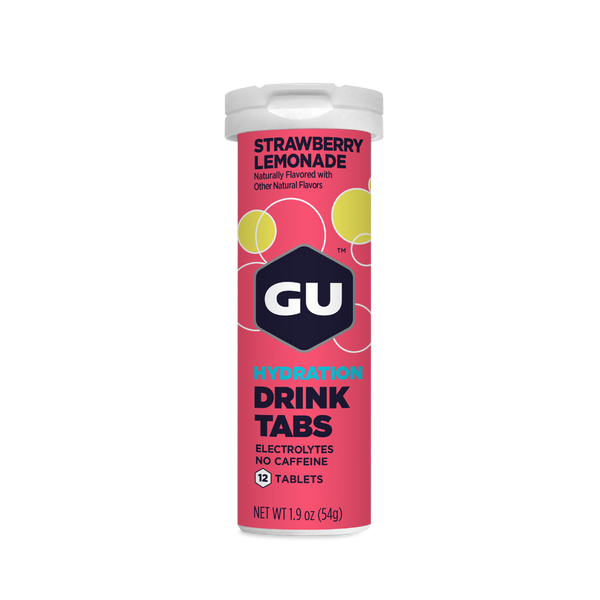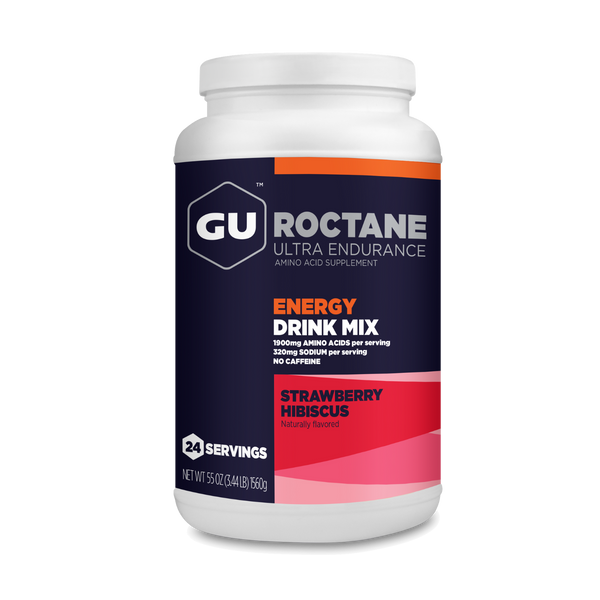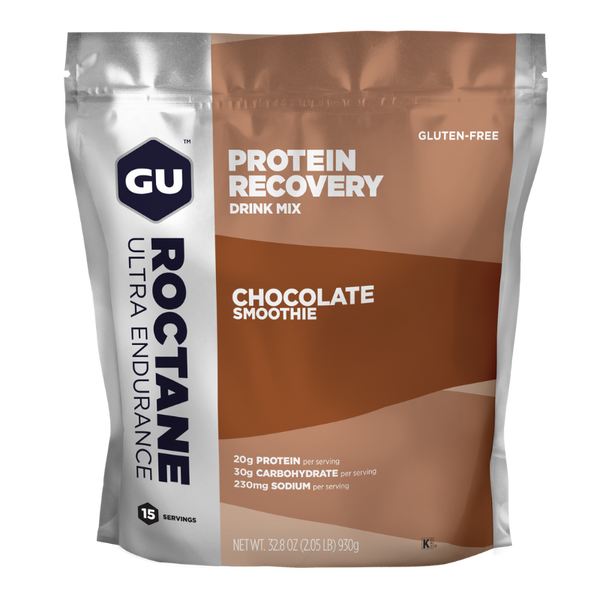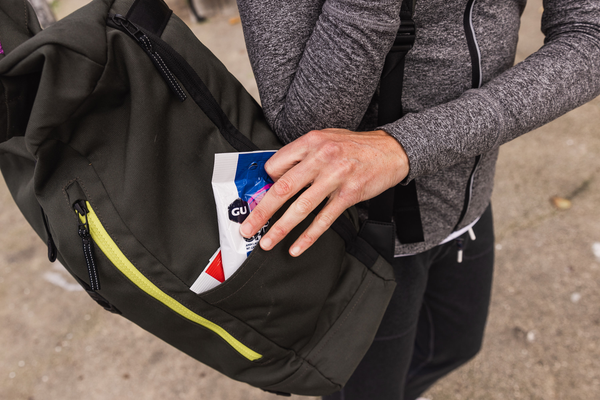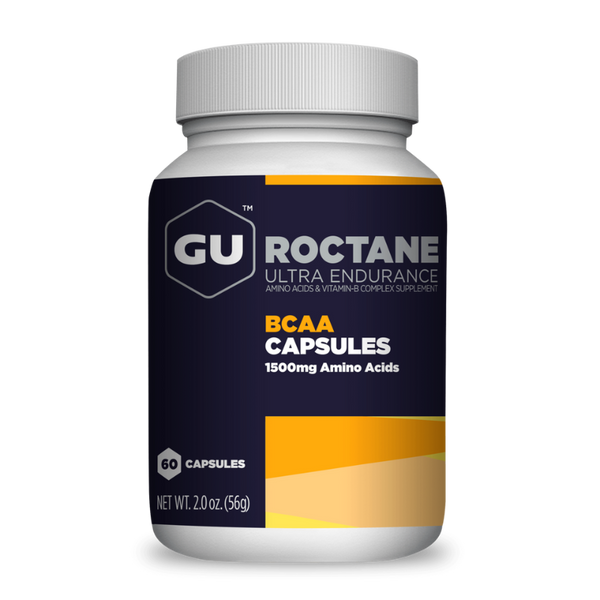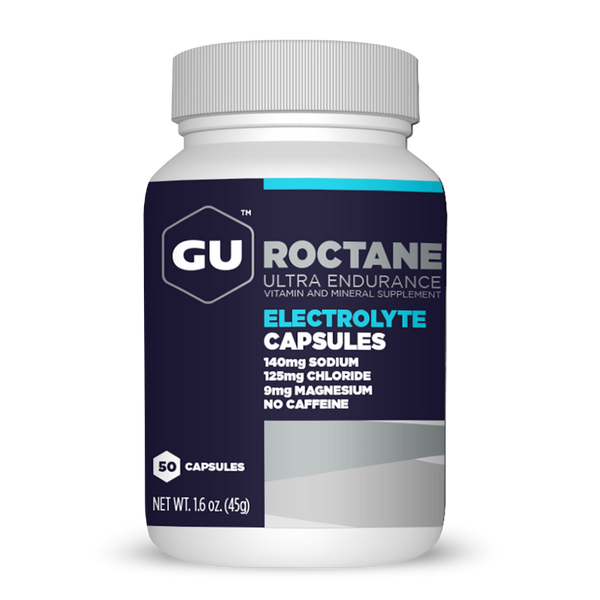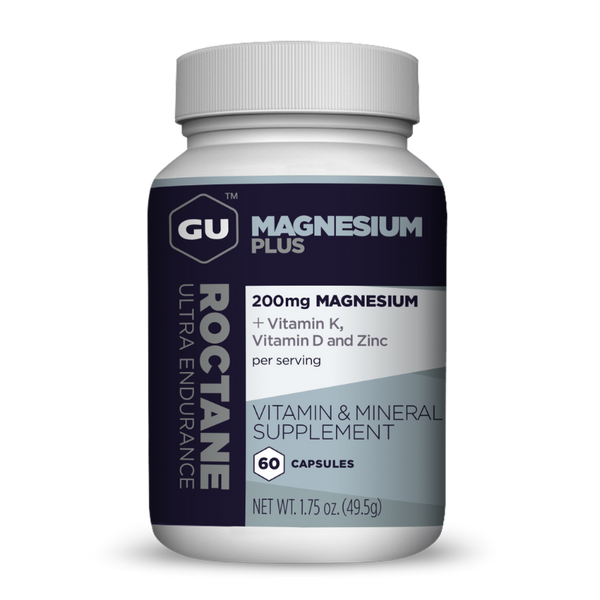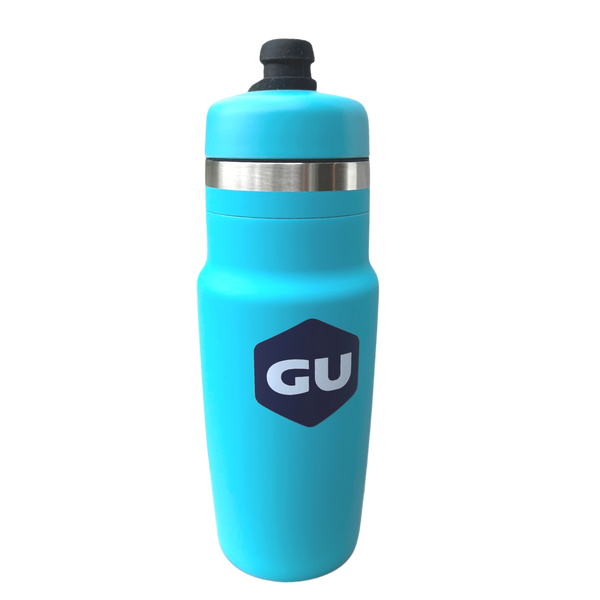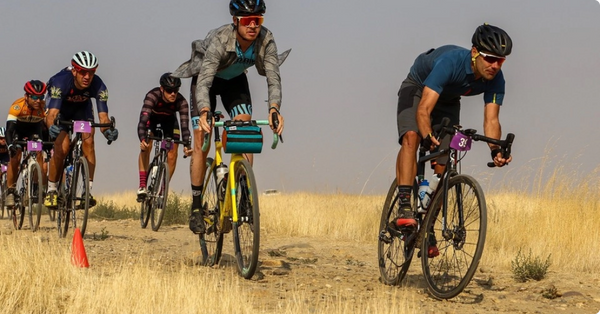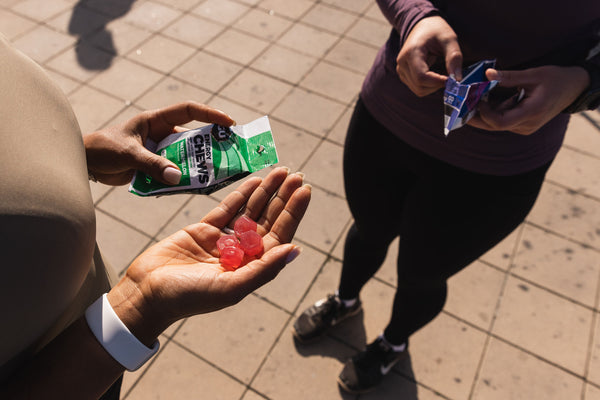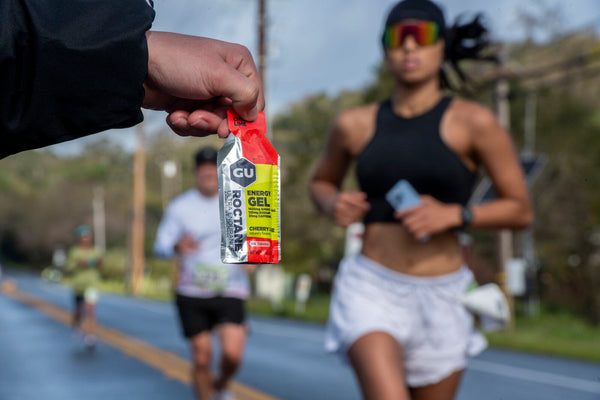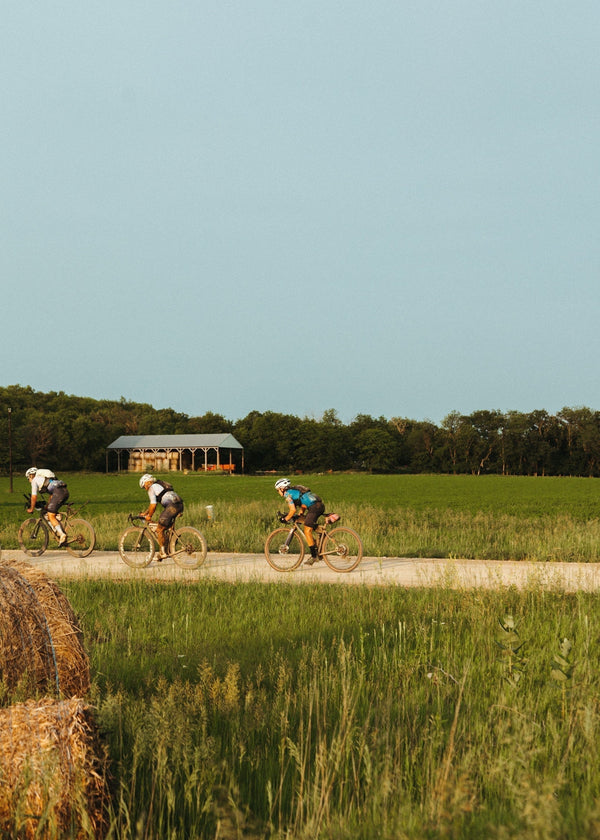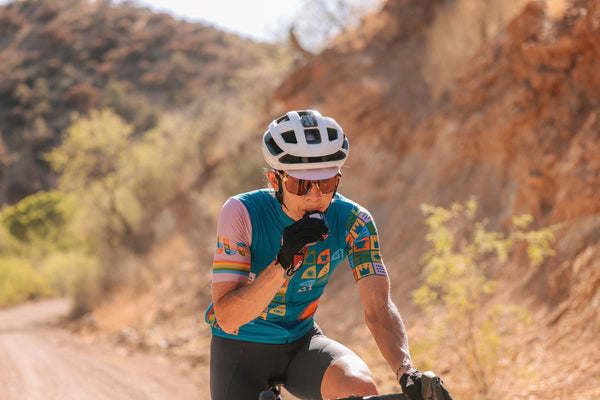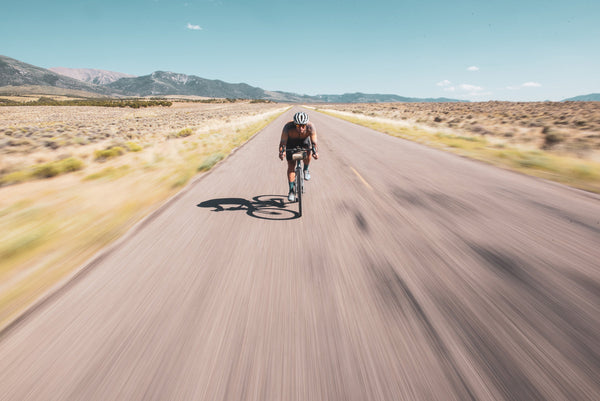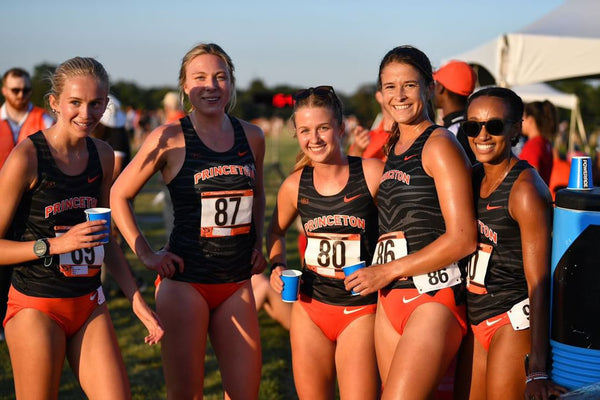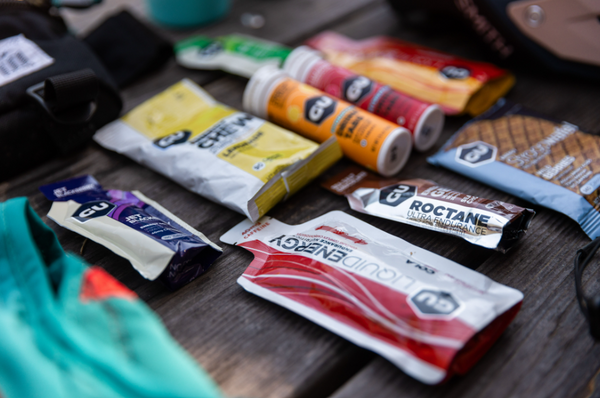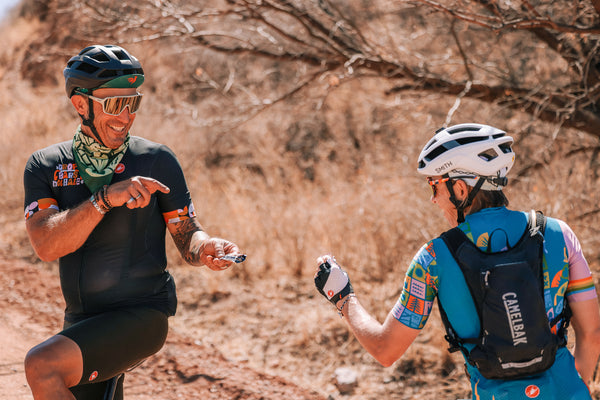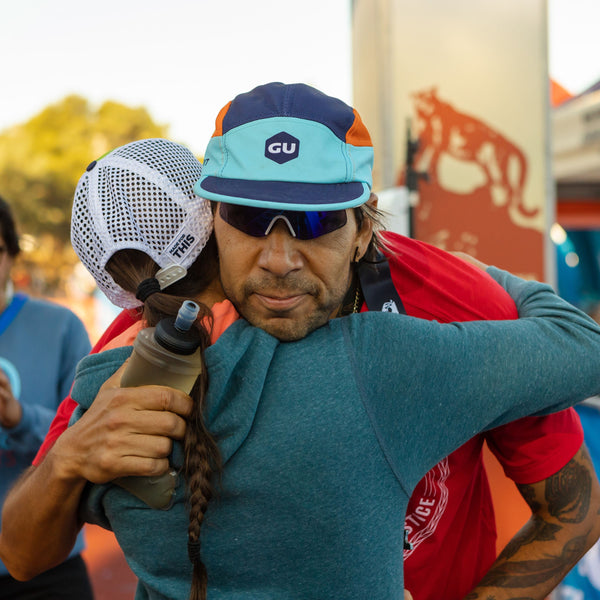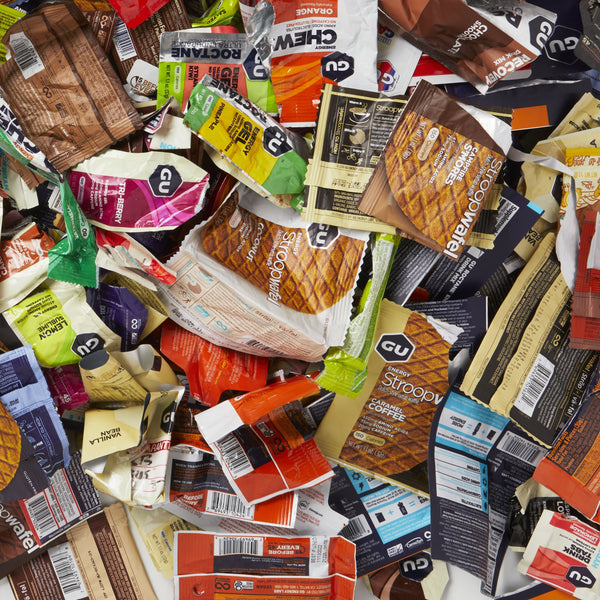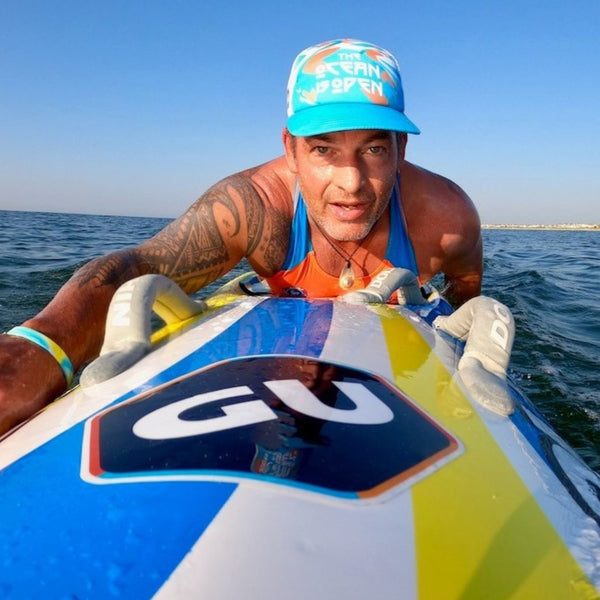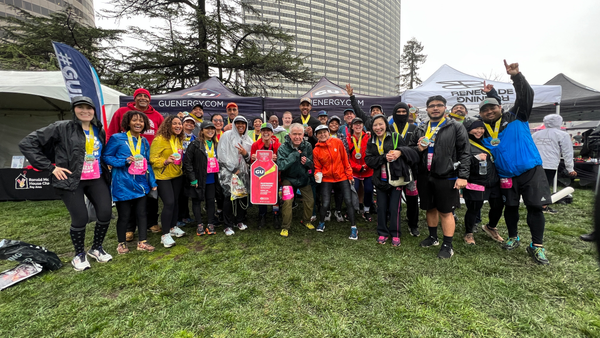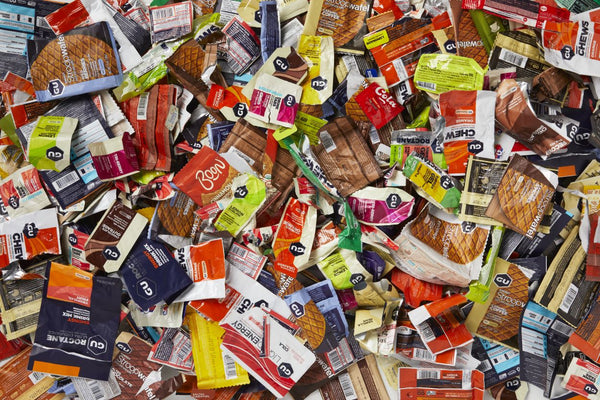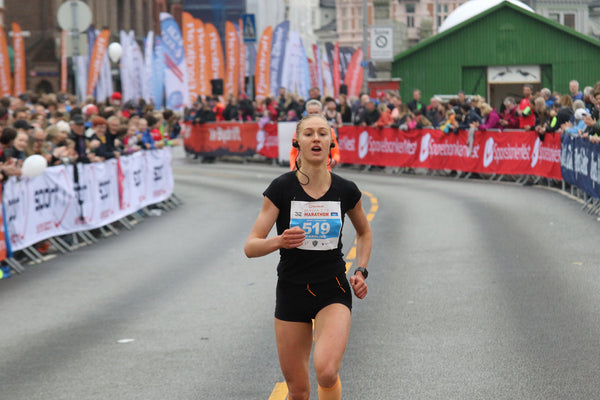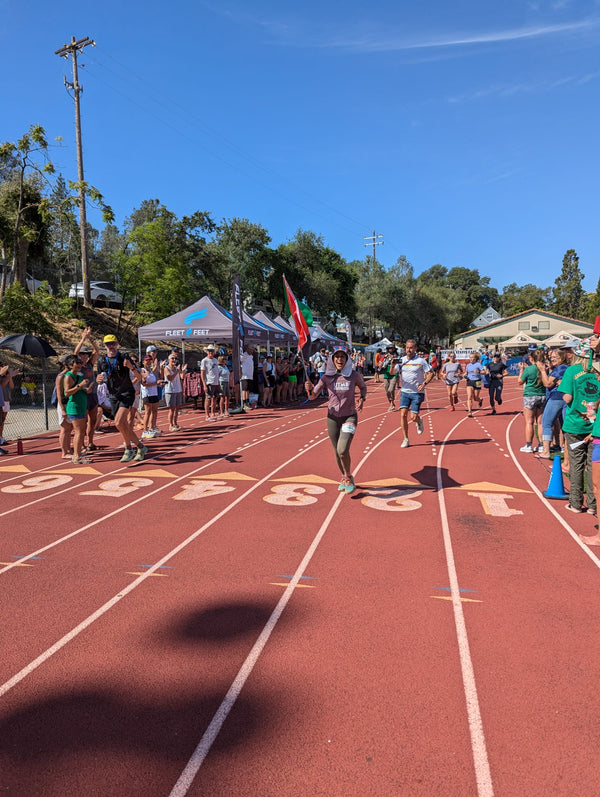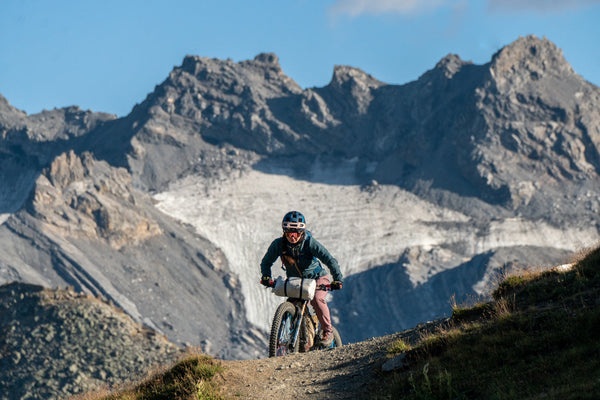How to Avoid Overtraining in Peak Season
Summer is here and for many athletes that means one thing! It is peak season for races and training. Whether you are gearing up for a marathon, ultra, or your biggest bike event of the year, these next few months are all about putting in the work. But more training does not always mean better results.
Pushing too hard without proper balance can lead to overtraining, a state where performance plateaus or even declines despite increased effort. Knowing the signs of overtraining and how to respond is essential to make the most of your peak season.
Recognizing the Signs of Overtraining
Overtraining can sneak up on even the most experienced athletes. The line between feeling tired and physical stress can get blurry fast. Stay alert for these overtraining symptoms:
- Persistent fatigue that does not improve with rest
- Loss of motivation or enthusiasm for training
- Trouble sleeping or disrupted sleep patterns
- Increased irritability or mood swings
- Slower recovery after workouts
- Decreased performance despite consistent effort
- Elevated resting heart rate or greater perceived exertion
- Frequent illnesses or minor injuries
If you are feeling a few of these symptoms at once, it may not be just a tough week, it could be fatigue from overtraining.
How to Prevent Overtraining
Smart training is not about going hard every day, it is about balance. Here are key strategies for how to prevent overtraining and stay strong through your peak season.
Prioritize Recovery Like You Prioritize Workouts
Build in full rest days and easier training weeks. Recovery techniques like stretching, mobility work, and proper hydration help your body adapt and repair.
Respect the Taper
As your race approaches, reduce intensity and volume. Tapering allows your body to absorb fitness gains and prepare for peak performance.
Listen to Your Body, Not Just the Plan
Training plans are great, but your body always has the final say. Adjust as needed based on how you feel physically and mentally.
Keep an Eye on Nutrition
Though this post is not product-centered, fueling is fundamental. During long sessions, consider mid-activity refueling with GU Energy Gels or Energy Chews. These provide fast-acting carbs and electrolytes to help maintain performance and delay fatigue.
For hydration, Hydration Drink Tabs or Roctane Energy Drink Mix are ideal for hot, humid training days.
Support Recovery with Fuel
After your efforts, combine a protein source with carbs. The Roctane Protein Recovery Drink Mix delivers 20 grams of whey protein plus fast carbs and sodium to replenish glycogen and support muscle repair.
Sleep Is Non-Negotiable
Good sleep supports hormone regulation, tissue repair, and nervous system reset. Strive for consistent, quality rest throughout peak training.
How Long Does It Take to Recover from Overtraining
If you are already showing signs of overtraining, the best thing you can do is pause. Give your body space to recover and rebuild. Depending on the severity, recovery time can vary.
- Mild cases may resolve in 3 to 7 days with active rest
- Moderate fatigue may require 1 to 3 weeks of reduced volume and extra sleep
- Serious overtraining could take several weeks or longer
During this time, support your body with nutrient-dense food, hydration, and possibly targeted supplements like Magnesium Plus Capsules for muscle function or Roctane Electrolyte Capsules to restore electrolytes, especially if heat was a factor.
Lasting Performance Starts with Smart Recovery
Peak season is your chance to build strength, endurance, and confidence. But pushing too far without rest and awareness can lead to setbacks. Be proactive. Watch for the signs. Fuel wisely. And do not be afraid to pull back when your body signals a need.
Strong training is not defined by effort alone. It is about balance, strategy, and consistency. Take care of yourself now to thrive when race day arrives.
If you are looking for performance nutrition to support your training and recovery, explore our full product lineup designed for endurance athletes.
Overtraining FAQs
Q: What are the signs of overtraining?
A: Common signs include chronic fatigue, poor sleep, irritability, lack of motivation, slower recovery, and reduced performance. You might also notice a higher resting heart rate or frequent minor injuries.
Q: Can proper fueling help prevent overtraining?
A: Yes. Consuming enough calories, carbs, protein, and electrolytes supports recovery and reduces the stress of training on your body. Fueling during long workouts and recovering well after helps keep your system balanced.
Q: How can I prevent overtraining?
A: Balance is key. Prioritize rest, listen to your body, fuel properly, hydrate, and do not skimp on sleep. Reduce training volume when needed and taper effectively before races.

